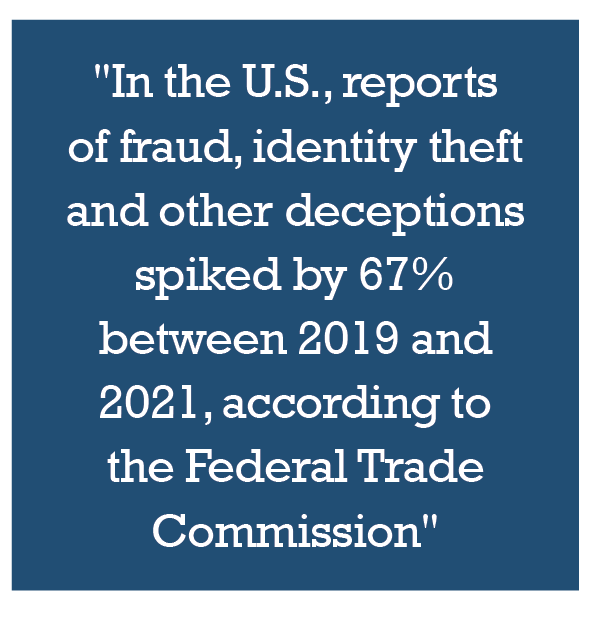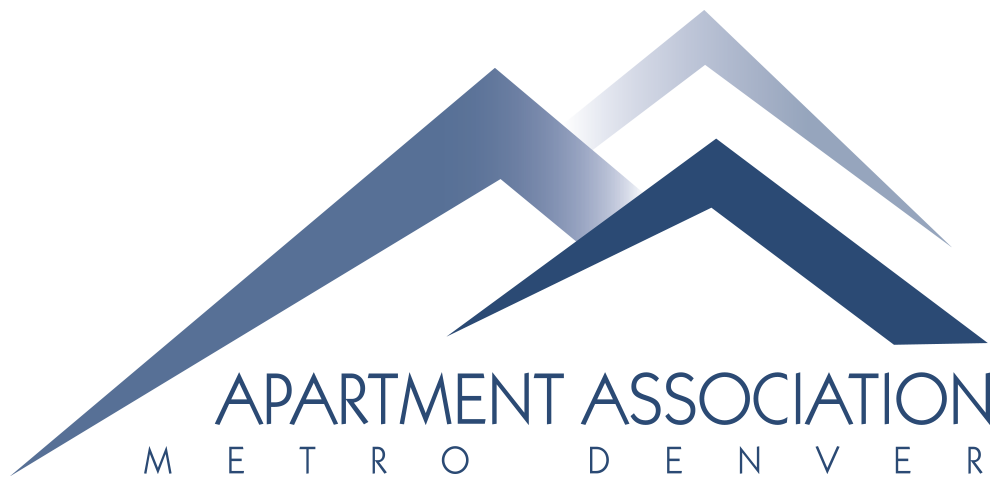Outing the Fraud Economy
How your customers have emerged as a creeping threat to your business

Almost overnight, fraud has become a pervasive – and even celebrated – part of our daily lives.
Just look at Netflix's new game show, appropriately titled "Bullsh*t," hosted by Howie Mandell.
On the program, contestants are rewarded not for knowing the right answer, but for being able to convince other players their answer is right, especially when it’s wrong. The New York Times described it as a "post-truth" game show that embodies our times by showing us what it's good to be good at: deceiving others.
In business, deception and fraud have risen to crisis levels. Fraud was already burgeoning pre-COVID-19. But since the pandemic, it has mushroomed, costing businesses $5.4 trillion globally, more than twice the gross domestic product of the UK. Global consultancy Crowe has called fraud "the last great unreduced business cost."
In the U.S., reports of fraud, identity theft and other deceptions spiked by 67% between 2019 and 2021, according to the Federal Trade Commission. The grifts range from cyber and payment fraud to lying on bank loan applications, and more recently, supply chain and ESG
reporting fraud, according to PwC.
The Rise Of The Fraud Economy
While many of these schemes are orchestrated by professional criminals evidence suggests an increasing number of these perpetrators are casual practitioners of deception.
For example, Lexis Nexis found over 30,000 fraud rings engaged in forgery, filing false claims, identity theft, identity manipulation and fake checks. Many groups comprised family members or circles of friends who collaborated to improve their collective fraud success rates.
A cottage industry has sprung up online to help consumers buy fabricated documents, including bogus paystubs and bank statements, to fraudulently qualify for loans, mortgages, car purchases and apartment leases, among other transactions.
These businesses claim to simply provide the documents as "novelties," and explicitly state they’re not distributing their wares to aid and abet illegal activity.
I first learned about his when, after retiring from professional baseball, I invested in a small portfolio of apartments in Los Angeles. Almost immediately, my partner and I saw bogus pay documents submitted with lease applications.
We thought there had to be a better way.

Your Own Personal Fraud Coach
You can see crowd-sourced, digital fraud collaboration firsthand with a simple Google search.
Take this YouTube video from a fraud "coach" who warned her followers to steer clear of apartment communities that use my technology firm's fraud detection software, so as not to get caught trying to falsify their income on rental applications with the help of fake paystubs.
The host of the video advises her followers that she's not presenting her information to help them commit a crime. "We are not here to help you defraud the banks, government or creditors in any way," she says. "We are just educating."
She then goes on to “teach” watchers how to avoid getting caught – namely by advising them get someone else to commit fraud on their behalf by adding the user's name to a legitimate
company's payroll without actually being an employee.
Cause & Effect
The reasons behind the growth of the fraud economy are multifaceted. They include increased digitization in all walks of life normalizing a sense of anonymity – and the inherent lack of accountability that goes with it – in our interactions with others.
The hardship of many frontline workers during the pandemic, mixed with soaring inflation, are additional factors. Eroding trust in institutions and rising dissatisfaction with public life, as well as a surge in crime may also contribute.
